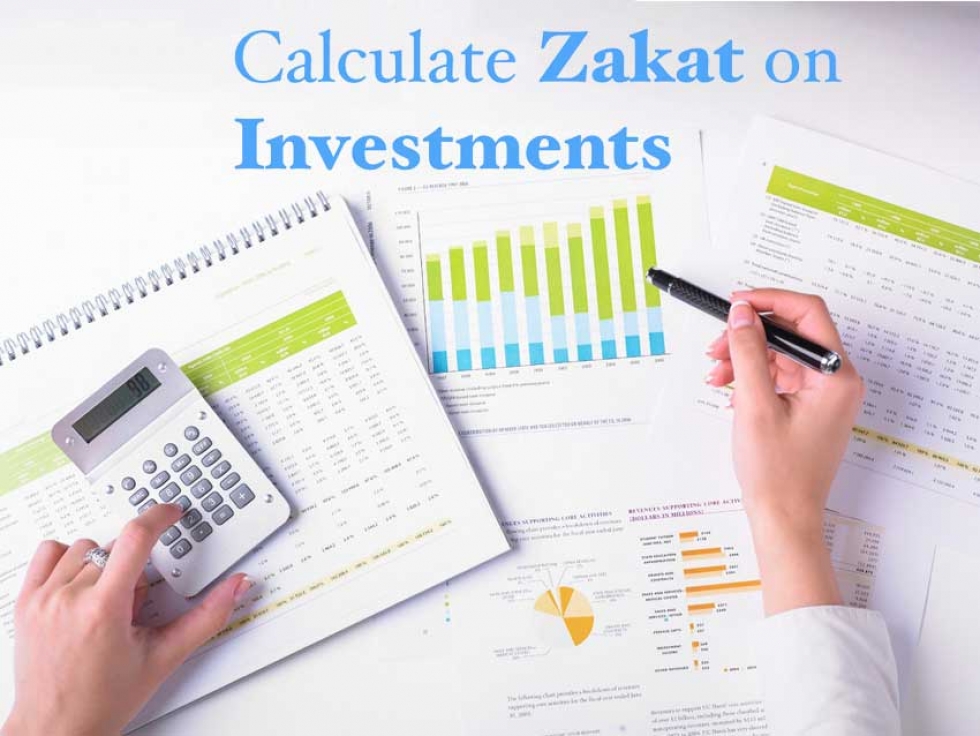
Jun
Zakat is one of the five pillars of Islam, upon which the religion is built. Usually translated as almsgiving, zakat is a requirement on Muslims (both male and female) of sound mind who possess at least the minimum amount of net worth deemed to classify them as not in need.
Who must pay zakat
There are a number of requirements before zakat is applicable on a Muslim, the main two of which are the nisab and the hawl. The nisab is the minimum net worth level a person needs to reach before zakat becomes obligatory. A person who has less than the nisab is not obliged to pay zakat. It’s therefore a threshold amount that is used to determine who must pay zakat.
When it comes to money (as opposed to livestock and crops, which one may also have to pay zakat on), the nisab is the value of 3 oz of gold or its equivalent in cash (currently $5,049.30) or 21 oz of silver or its equivalent in cash (currently $450.45). Although the two amounts are different, at one time, the values of these specific amounts of gold and silver were similar. Furthermore, in the past 1400 years, the values of gold and silver diverged significantly, so it’s important to look up the current value when calculating zakat.
Just having a net worth above the nisab is not enough for zakat to become obligatory. The other requirement is the hawl. A person must have a net worth above the nisab for the duration of one hawl, or 12 lunar months, before zakat is applicable. Depending on the date when one’s net worth originally surpassed the nisab, zakat could become due any time during the year.
Importance of zakat
Zakat is important in Islam as it is one of the ways in which those of little means can be provided with financial assistance to lighten the burden of their dire situation. It's a way by which the Muslim community can come together and provide the weak and vulnerable members of society with help to alleviate the pains of their difficult situations.
Zakat is also a motivator of behaviour to ensure that assets remain productive and do not remain idle (e.g. in a bank account or “stored under the mattress”), thereby not helping the person that owns these assets, nor diverted to others who can benefit from them (through investments).
How is zakat calculated?
The specific amount of zakat that Muslim must pay depends on pre-determined calculations that depend on the asset class in question. For example, a Muslim woman who has an amount of cash in her bank for one lunar year (assuming the cash is above the nisab level described earlier) would have to pay out 2.5% of that amount at the one year mark. This is typically the simplest case (i.e. paying zakat on excess cash). If a Muslim holds other assets, e.g. livestock, farmland, and the like, the calculation method for zakat could become a bit more complex.
Many of us don't have to worry about zakat on cattle, agriculture land, and the like, as those cases don't usually apply in our modern day. One asset class however does pertain to adherent Muslims, and that's investments, and more specifically those of a financial nature, like investments in company shares and stocks (equity-based investments).
How should zakat on such financial assets be computed?
For our intents and purposes, we will assume that the investor in these financial assets is in fact a long term investor as opposed to a speculator or a frequent buyer/seller of company shares/stocks.
Some scholars consider frequent traders of stocks to be similar to short term traders of a commodity (e.g. gold, silver, crude, grains, etc.). When you’re a frequent trader of a commodity, you need to pay zakat on the value of that commodity in your possession. Hence, short term investors would pay zakat on the full value of their stocks in the same way that an oil trader would pay zakat on the value of oil in his inventory. In both cases, they are paying zakat on the commodities they are trading.
The following represents a couple of methods that scholars have outlined which Muslims can utilize in calculating zakat amounts on longer-term investments in securities such as company shares and stocks.
Mark-To-Market Method
The simplest way to calculate zakat on financial investments is to base the calculation on the market value of the assets or portfolio of investments (the collection of company shares or stocks that the investor owns).
So, assuming a lunar year has now passed and zakat is due, one would mark-to-market (i.e. calculate the market value of) the assets and pay 2.5% of that value in zakat.
Take the hypothetical example of a person who owns 1,000 Suncor Energy shares which were bought one year ago for $25/share at a total cost of $25,000. If the current market price of each Suncor Energy share is $50/share, the market value is $50,000. Using this method, the zakat outstanding is 2.5% of $50,000, or $1,250 ($50,000 * 0.025).
Mark-to-market basically means one would ignore the cost of the investment and would assume the entire portfolio is to be liquidated at once. Given that company shares are liquid, meaning that they can be converted to cash practically at any time, some scholars have gravitated towards the opinion that treats such investments as cash.
Current Asset Percentage Method
A company’s assets can be divided into current assets (also known as short term assets) and fixed assets (also known as long term assets). The Current Asset Percentage method involves paying zakat based only on the percentage of your investment that is comprised of short term assets. This portion of the investment is considered liquid and subject to zakat at the full 2.5%
The rationale here is that the capital portion of the investments (long term or fixed assets) should not require zakat, given that in general, capital investments are not subject to zakat in Islam. Fixed assets are those acquired to produce revenue in the future, rather than being sold in the short term to generate income. For example, if you own a bakery you wouldn’t have to pay zakat on the equipment in the store (e.g. the oven) but would have to pay zakat on the profits from the bakery (i.e. bread sold from that oven).
The liquid portion of the investment (e.g. cash in the company’s bank accounts, inventory, etc.) is to be treated like cash. One can determine this proportion of short to long term assets by examining the balance sheet of the company representing the investment.
In the above example of the Suncor Energy shareholder, let’s assume that 65% of Suncor’s assets are classified as long term while 35% are not. Recall that the market value of the shares is $50,000. Zakat would only be calculated on the 35% of the $50,000 which is comprises the short term assets of the company. The zakat payable would therefore be $437.50 ($50,000 * 0.35 * .025)
We personally believe that the latter method (Current Asset Percentage) is the more accurate one, but it is definitely the more tedious to compute.
One important factor to keep in mind is that this method cannot be readily applied when the underlying assets are not specifically and individually known. For example, when investing in a mutual fund, the investor owns units of the fund and not the shares of the companies themselves. Since the investor typically does not know all the constituents of the fund that they own, she would not be able to compute zakat of the mutual fund investment by this method. In this case, she can resort to the Market-to-Market method highlighted above.
Conclusion
Islam is built on a number of important pillars, and zakat is one of them. It is our hope that we empowered our fellow Muslims to understand how this pillar can be implemented in cases where the underlying asset is an equity based investment like company shares or stocks.
Feel free to reach us at This email address is being protected from spambots. You need JavaScript enabled to view it. if you have any follow up questions.












